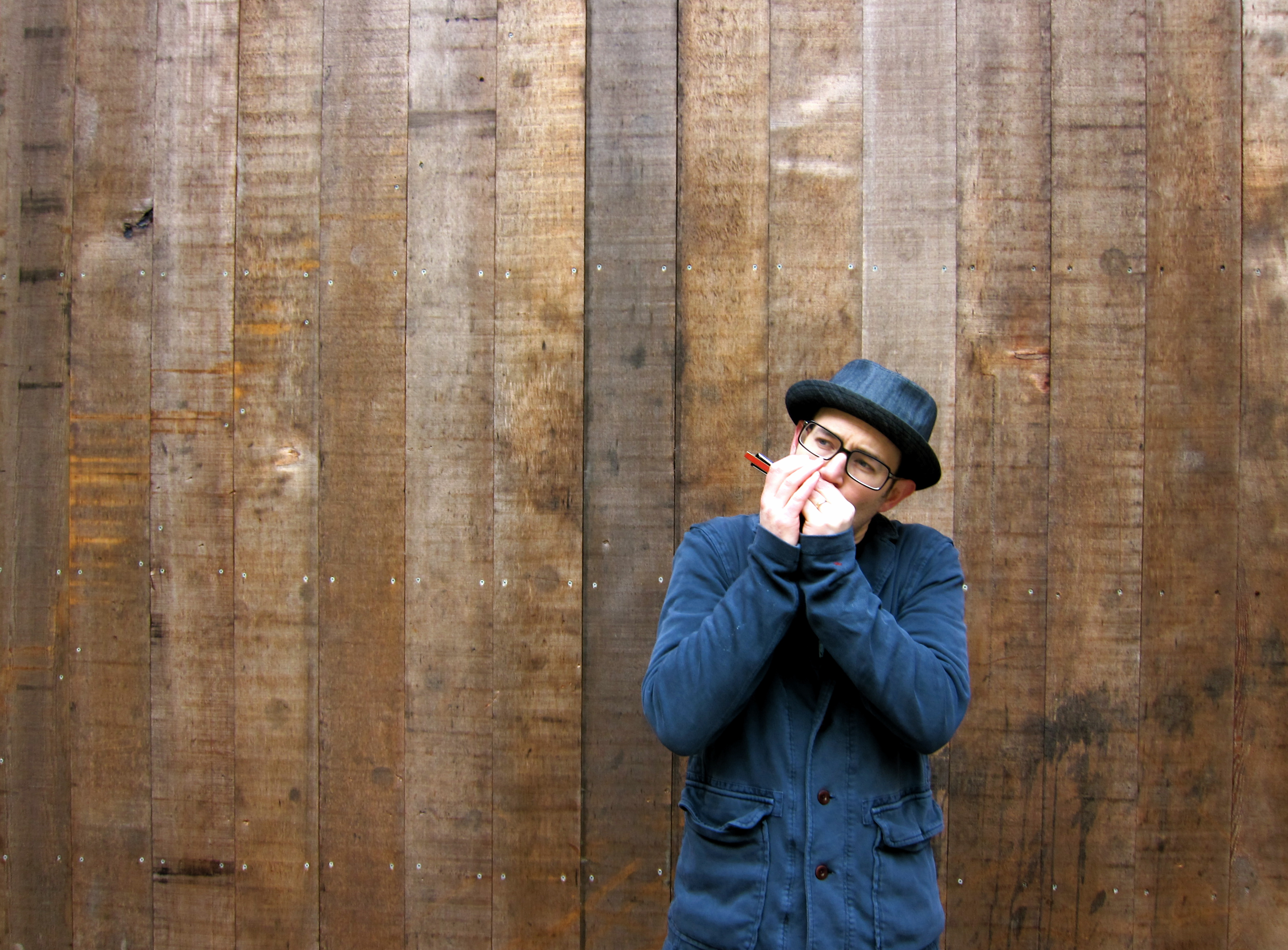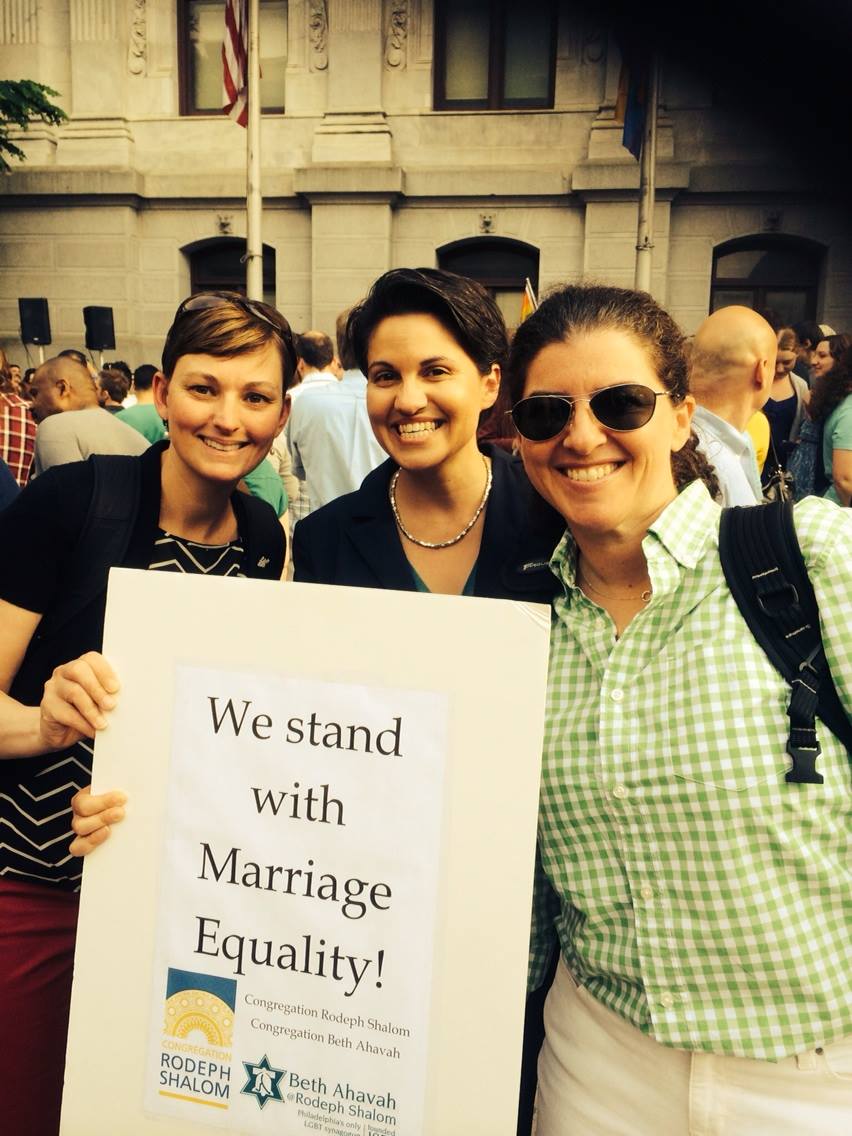By Rabbi Jill Maderer
Rebbe Nachman of Brastlav tells this tale: A young man leaves his home to learn a trade. Years later, he returns to his family and shares that he has become a master in the art of menorah making. He asks his parents to invite all of the other artisans in town to come see his masterpiece — a candelabra inspired by those of the ancient Temple in Jerusalem. So all the finest crafters come to view this man’s menorah. Later, the son asks his parents, “What did you think?” They reply, “We’re sorry to say all of your fellow lamp-makers told us that it was a flawed, ugly piece.” “Ah,” replies the son, “but that is the secret! Yes, they all say it was ugly, but what nobody realizes is this: Each sees a different part as ugly. Each overlooks the mistakes that he himself would make, and sees only the shortcomings of the others. “You see, I made this menorah in this way on purpose — completely out of mistakes and deficiencies — in order to demonstrate that none of us has perfection.”
In Psalm 90, the Psalmist calls to God: “You can see our concealed darkness; You can see our concealed shortcomings, in the light of Your face.” Perhaps God can see our shortcomings, but can we?
Broken-hearted to live in a society where a white man enters a black church with his gun and brutally murders nine African American souls who are studying Bible, Continue reading

 I recently coordinated a panel on global anti-Semitism. Participants learned about the efforts of the U.S. State Department and the American Jewish Committee in their work urging foreign governments to crack down on the perpetrators of anti-Semitic attacks. I was struck by a comment from US Department of State Team Leader of Anti-Semitism and Europe in the Office of International Religious Freedom, Stacy Bernard Davis: “What used to be fringe is now voted into Parliament.”
I recently coordinated a panel on global anti-Semitism. Participants learned about the efforts of the U.S. State Department and the American Jewish Committee in their work urging foreign governments to crack down on the perpetrators of anti-Semitic attacks. I was struck by a comment from US Department of State Team Leader of Anti-Semitism and Europe in the Office of International Religious Freedom, Stacy Bernard Davis: “What used to be fringe is now voted into Parliament.”
